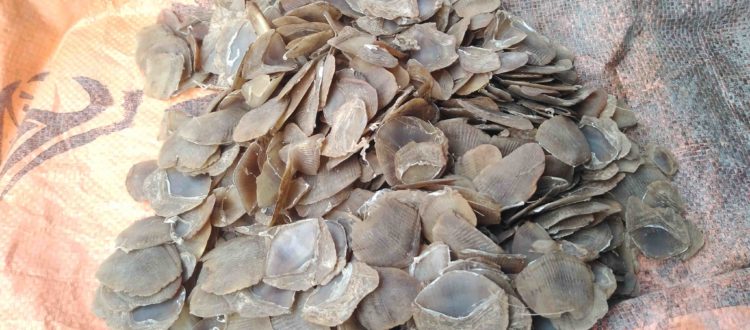Online Investigation Leads to Wildlife Seizure of Live Chinese Pangolins and Tokay Geckos
Meghalaya, 21 April 2021: A subtle comment on a YouTube video picked up by an alert team member of WTI’s Wildlife Crime Control Division (WCCD) led to a covert operation in cyberspace and the seizure of four live Chinese pangolins (Manis pentadactyla), 44.28 Kgs of pangolin scales and 43 Tokay geckos (Gekko gecko) on 19 April, 2021.
Illegal wildlife trade (IWT) thrives in cyber space through social media as it provides a good degree of anonymity, ease of connecting buyers and sellers and ease of doing business. The pandemic that restricted physical movement and meeting of people has further facilitated the shift of this trade to digital platforms.
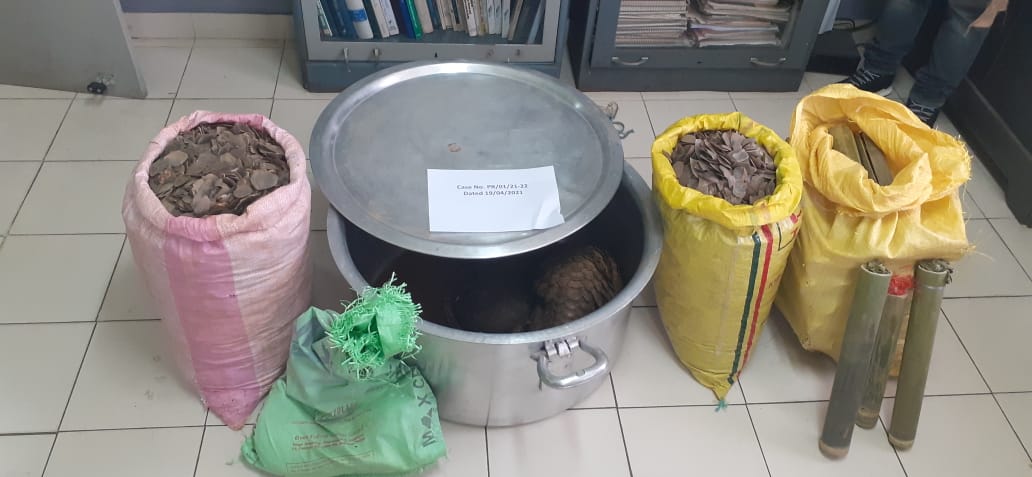
This operation started with our colleague who we shall call M, noticing a seemingly innocuous comment on a YouTube video that indicated the availability of wildlife in the visitor’s possession for sale. A seasoned tracker of wildlife crime, M understood the code used and thus launched an online investigation to find the person behind the online message.

While social media websites are great tools to connect people and the biggest enablers for a global community, they are also used by criminal syndicates involved in organized crime. IWT which is one of the top rated transnational crime is active in this newfound playground and is already thriving there.
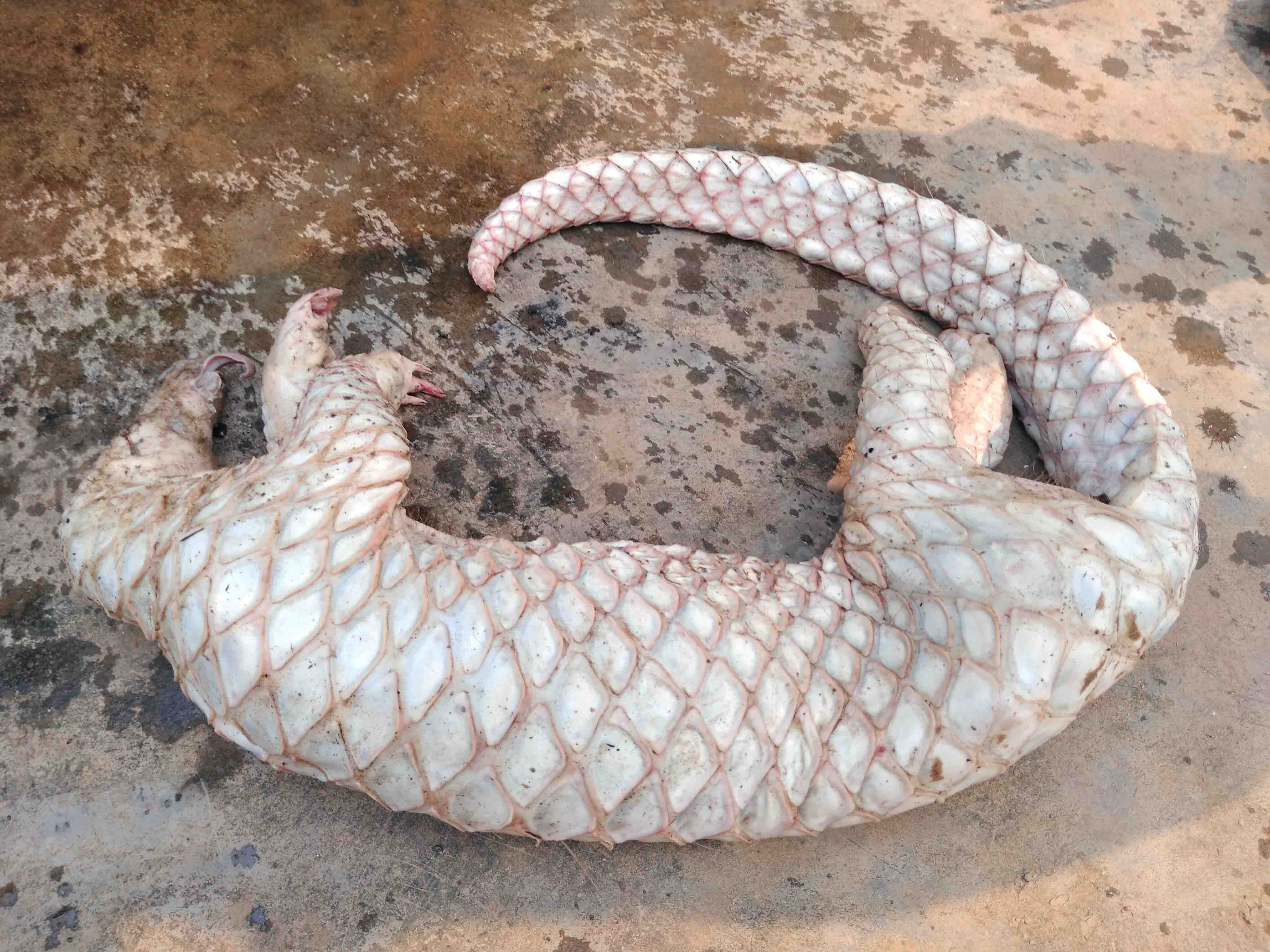
Describing the online game of cat and mouse, M says, “We kept monitoring people who commented on the video and started following their digital footprints in the cyber space. Pinning down the person was not an easy task but our team used various tracing techniques and followed him from one platform to another to get to an email ID, and a phone number and we connected over WhatsApp chats and calls”. It took few months of carefully scripted and coded online investigation. “The suspect was fully aware about the seriousness of the crime and he was very cautious about covering his tracks and identity”, added M.
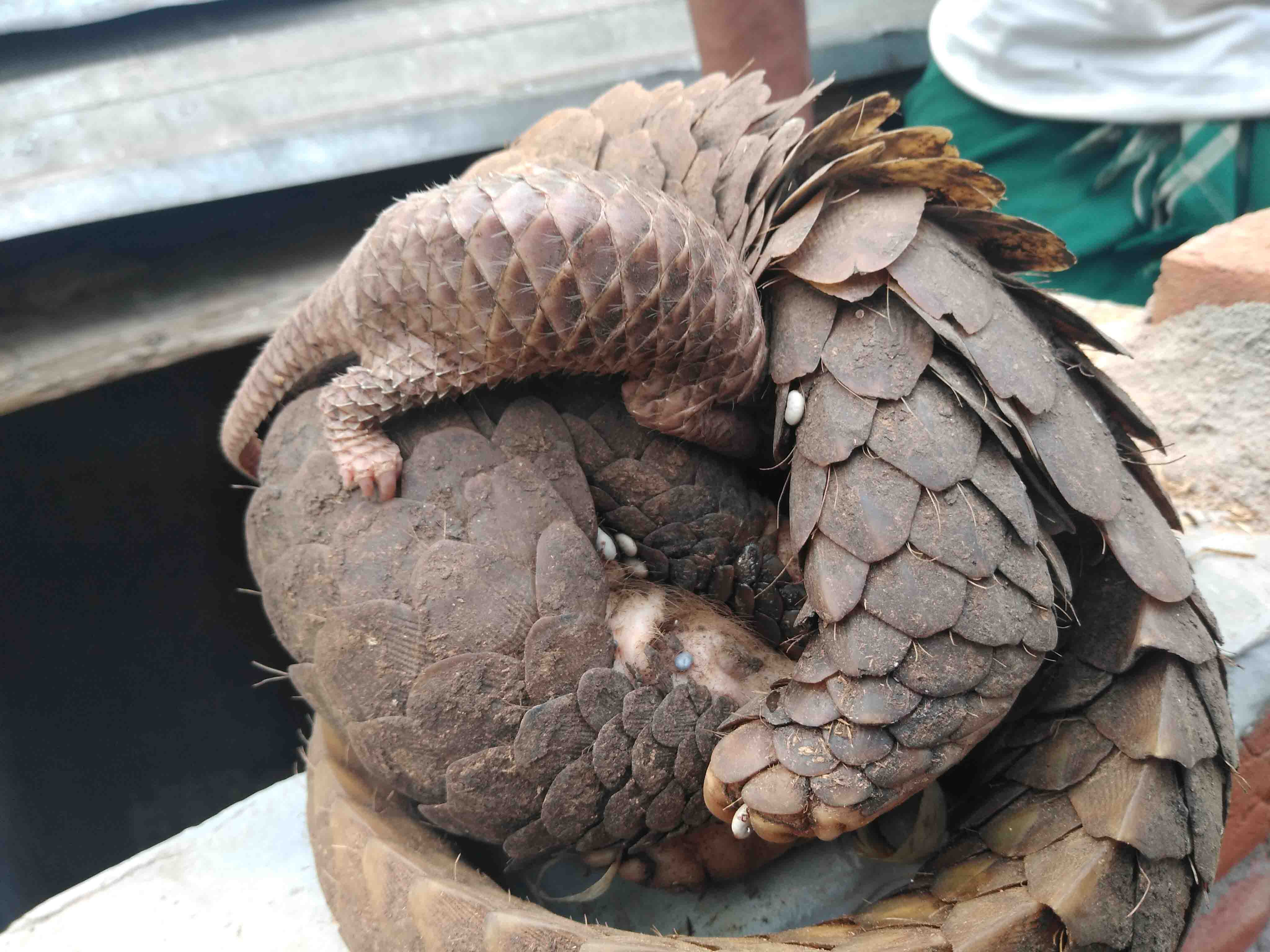
The digital surveillance team at the Wildlife Crime Control Bureau, Government of India was kept updated and once the identity of the suspect was clear, the agency co-ordinated with the Forests & Environment Department, Government of Meghalaya and police who ensured a well-planned operation to nab the criminals.
The final part of the operation happened in and around the beautiful city of Shillong while the country was hit with the second wave of COVID-19 infections. The suspects met our team of ‘covert buyers’ in secret locations, took them to inspect the ‘goods’ in remotely located houses away from the city – giving anxious hours to the investigation team. The gang was well organized and connected to suspects in similar trade earlier. The unexpected lockdown in 2020 had disrupted their buyer network and aiming at establishing new trade routes, they had embarked on online messaging to connect with potential buyers.
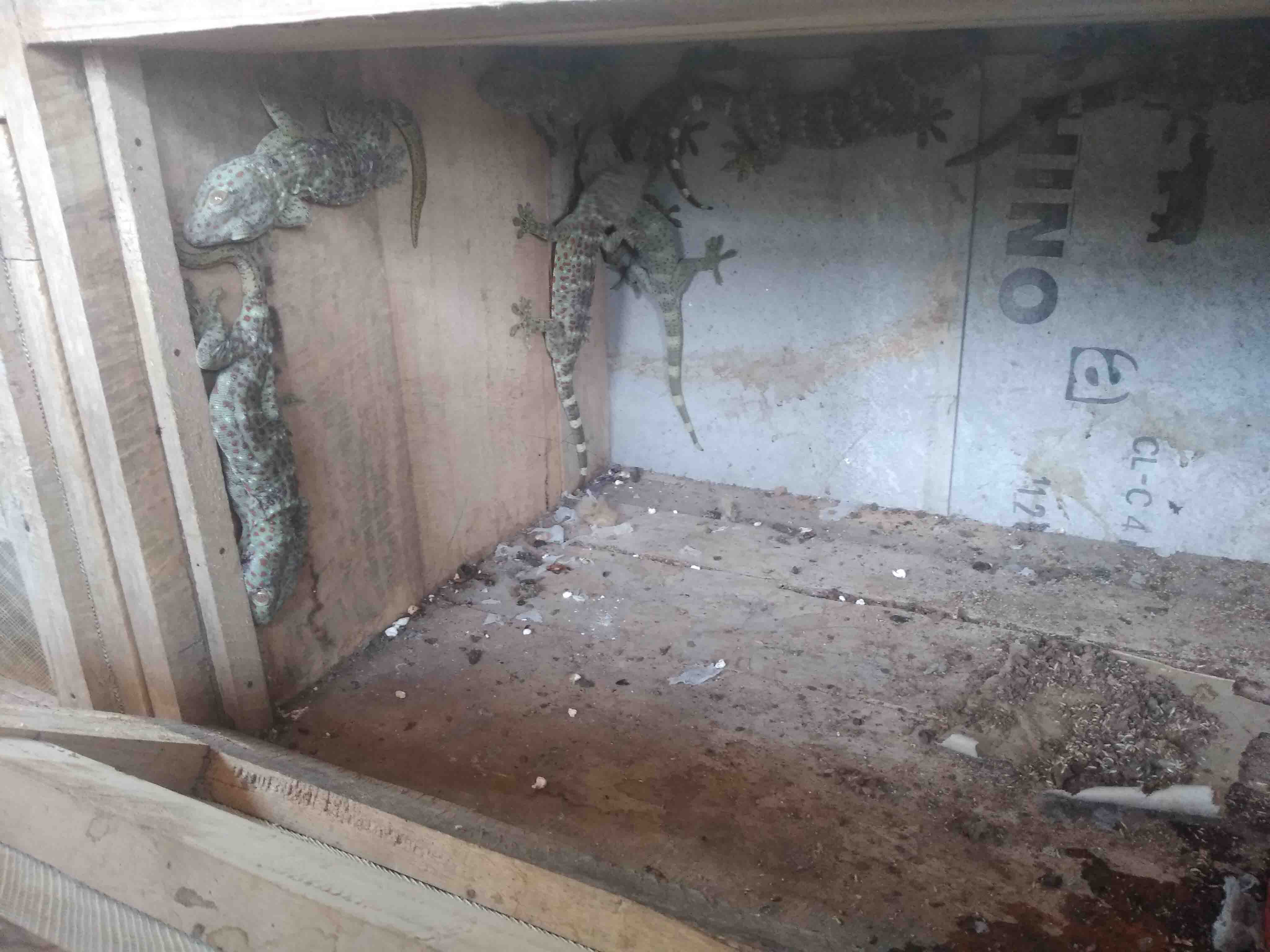
The raid in the suspects hideout yielded 44.28 Kgs of Chinese pangolin scales, four live Chinese pangolin, and 43 Tokay geckos. The police took eight persons under custody. Following up on a lead from one of the accused, the enforcement team conducted an operation next day in Umling, Ri-Bhoi district, Meghalaya, and arrested two people with a pair of elephant tusks. Within 24 hours of the operation, the accused were produced in the district court in Nongpoh and after getting permission from the magistrate, the live pangolins were released back to the wild.
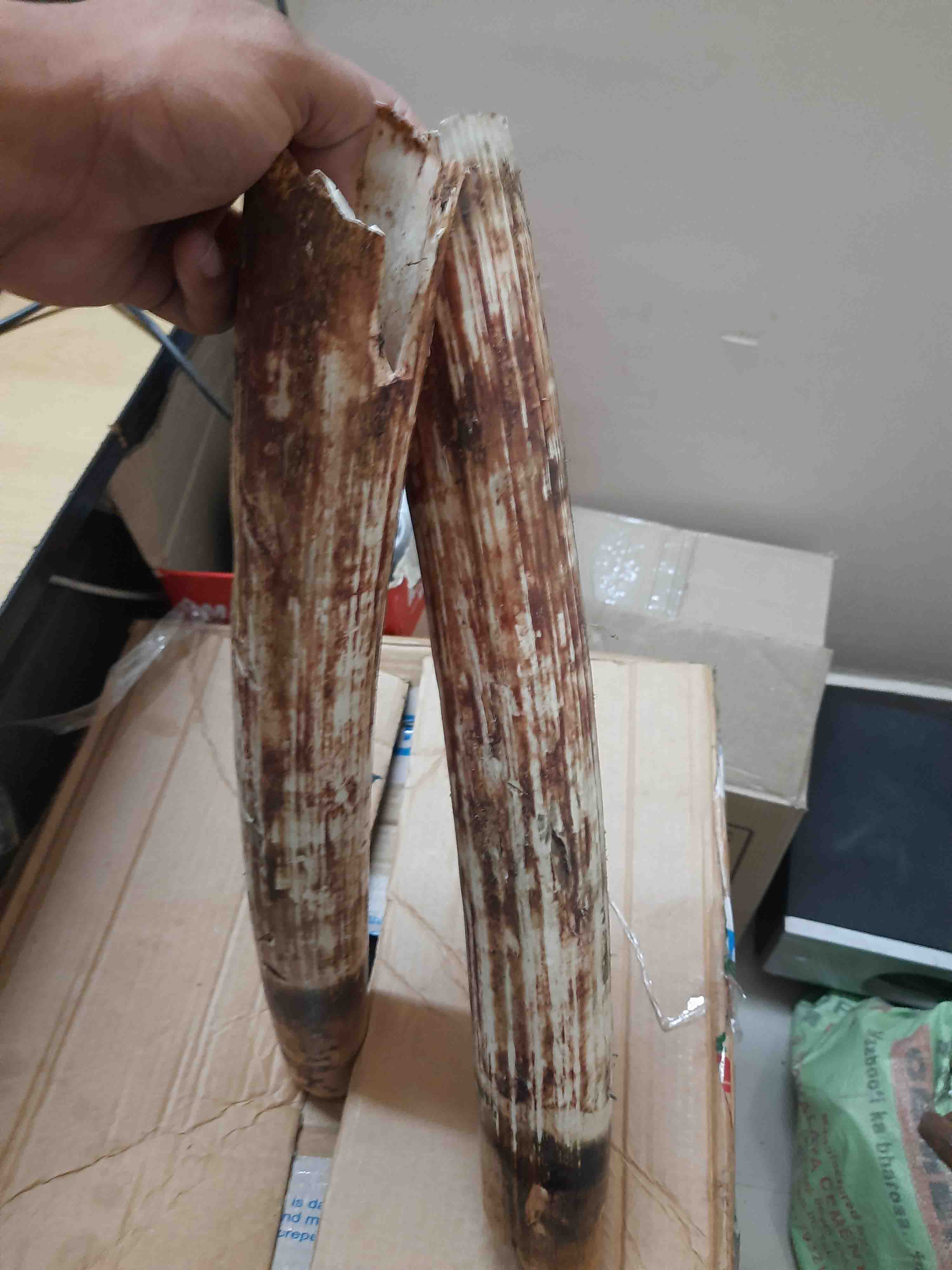
Our network of Cyber spotter volunteers is one of our biggest assets as they send the team regular alerts on illegal wildlife trade using a secure platform. “They are our eyes and ears who initiate every investigation. When the criminals join hands in the cyber space and create cartels, we too need to build counter networks to fight them better – it’s a never ending game,” concluded Jose Louies who leads the team WCCD at WTI.
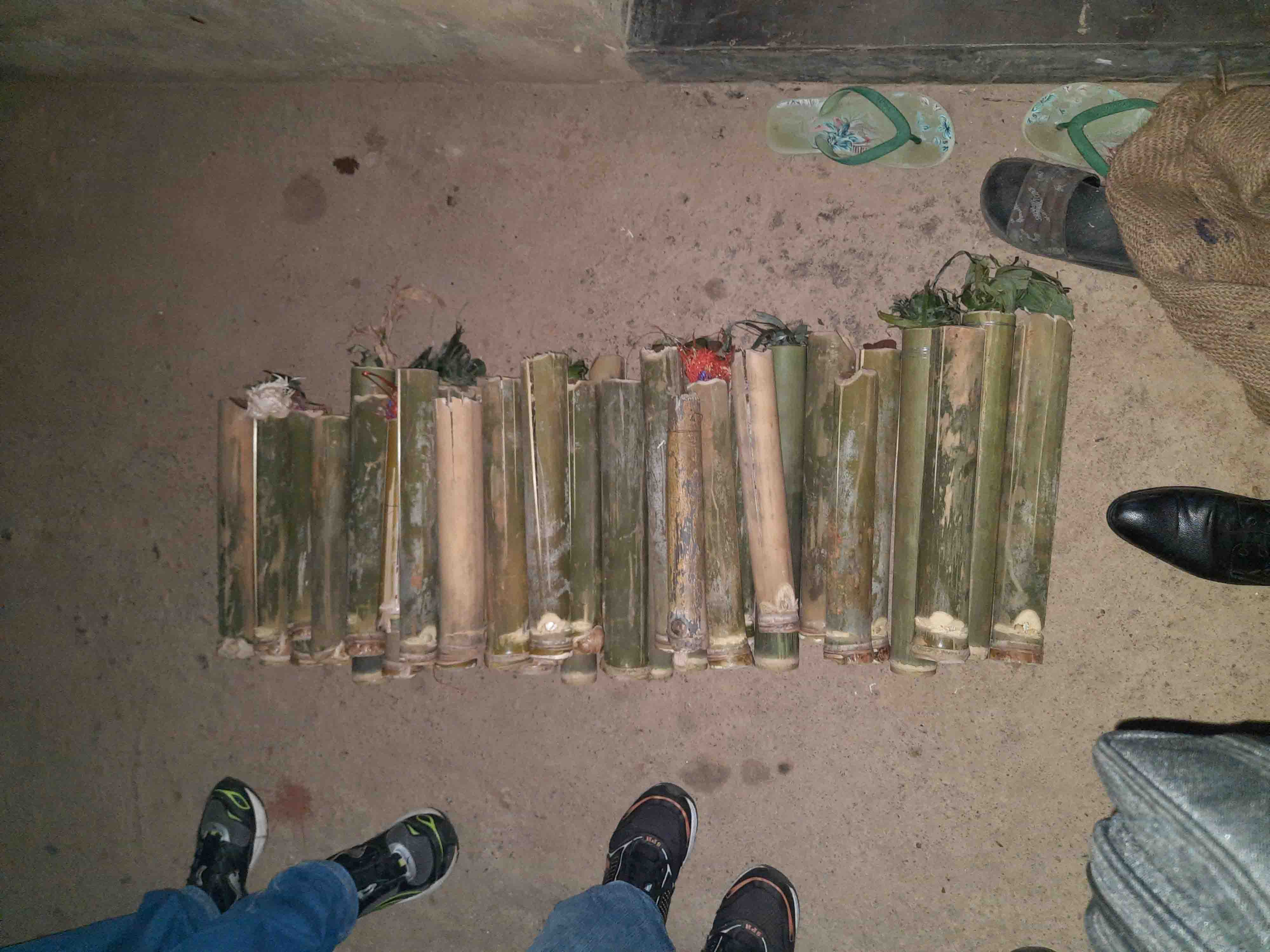
Wildlife Crime Control is one of our core divisions that adopts a multipronged approach to curb wildlife crime. From working undercover and providing leads to enforcement agencies on a wildlife crime in progress to training forest frontline staff and capacity building to fight wildlife crime. Click here to read more.

